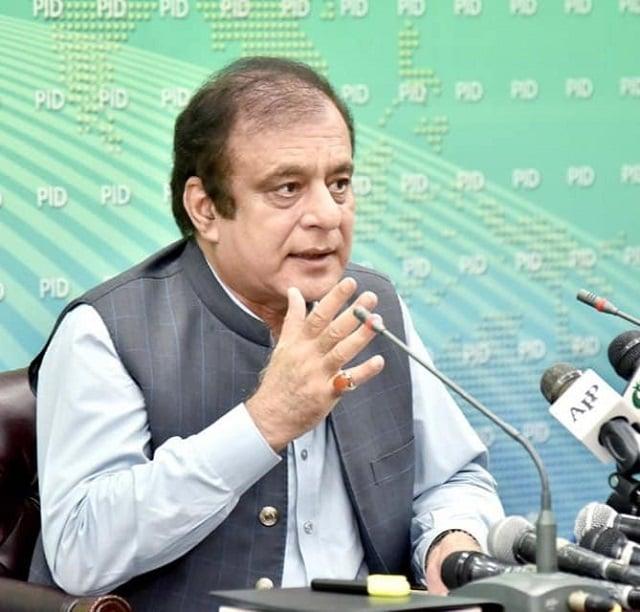Pakistan Tehreek-e-insaf (PTI) castigated the federal government on Saturday for the worsening of the electricity crisis, economic mismanagement and growing aggression against constitutional rights.
During a joint press conference at home Khyber Pakhtunkhwa, senior PTI leaders, notably Sheikh Waqas Akram, Shibli Faraz, Omar Ayub and Taimur Jhagra, castigated the government.
Referring to the controversial elections of February 8, former provincial minister Taimur Jhagra warned the public not to forget how the current coalition government led by the PML-N and the PPP came to power.
He said that electricity prices under the current administration have become massively expensive compared to the previous PTI government.
“Where there were only a few hours of derision in Punjab, people are now undergoes breakdowns of more than 12 hours. In KP, the temperature has reached 46 degrees Celsius and there is still no respite by prolonged power cuts,” he said.
He rejected the government’s economic allegations as “manufactured figures”, arguing that he had not even protected the most fundamental rights of ordinary citizens. “From agriculture to industry, all sectors are declining. The required electricity supply simply does not reach those who need it most,” he said.
Jhagra also made comparisons with regional competitors, deploring: “Today, Bangladesh is kilometers ahead of us in the electricity sector.”
He criticized the government’s plans to privatize only three distribution companies – Lesco, Fesco and Iesco – asking: “What national advantage can come from selective privatization only from three public services?”
He said that more than six million people in the former FATA region remain without access to electricity and that no one in government has taken responsibility.
“The KP budget has been presented. That people see for themselves what makes the difference,” he said, referring to the unveiling of the provincial government government with a total RS2,119 billion expenditure for the 2025-26 exercise, one day.
Jhagra also protested that the leaders of the PTI were refused meetings with the founder of the incarcerated party, Imran Khan, questioning which law or the constitutional provision of such restrictions have been imposed.
Loss of electricity
Speaking on occasion, Sheikh Waqas Akram deplored that the country was faced with a growing deficit between demand for electricity and supply.
“The situation in rural areas is particularly disastrous. KP tank and Balutchistan is now extending from 12 to 18 hours a day. Even in Punjab, there is a minimum of four hours of breakdown,” he said.
He criticized the account of the privatization of public services, saying: “Go ahead and privatize Fesco if you wish, but what about the improvement in the performance of Lesco, OSCO and others?”
Akram also took the alarm concerning the treatment of political prisoners, in particular those held in the military trials of Kot Lakhpat. “These prisoners are subject to political revenge. In this heat, they are denied their fundamental rights, including the right to appeal,” he said.
The senior Shibli Faraz leader underlined the centrality of the power sector to the economy. “Electricity is the engine that drives our economy. Our electricity sector is vast but has not seen any significant development in recent years,” he said, accusing PML-N and PPP to harm the sector.
“Today, there are long hours of lots in most major cities. When there is only one buyer for your electricity company, the problems are inevitable. We have introduced competition in the electricity sector during our mandate,” he added.
Faraz also underlined the growing burden on circular debt and unpaid contributions from petroleum and electricity companies.
Omar Ayub said his speech during the federal budget session had been deliberately withdrawn from the air. “Even access to WiFi was suspended during the session. They feared holding a mirror in their failures,” he said.
He noted that international markets become unstable due to the Israeli-Iranian conflict, which could seriously disrupt the oil supply. “If this war continues, the deficit of 6.5 billions of rupees in the country could worsen. Iran, a key oil center, exports to Japan, Europe and others. Any interruption has an impact on us all,” he warned.
Ayub accused the current government of putting electricity projects from the PTI-EN era and said that the nation had access to much cheaper electricity during the reign of PTI.




